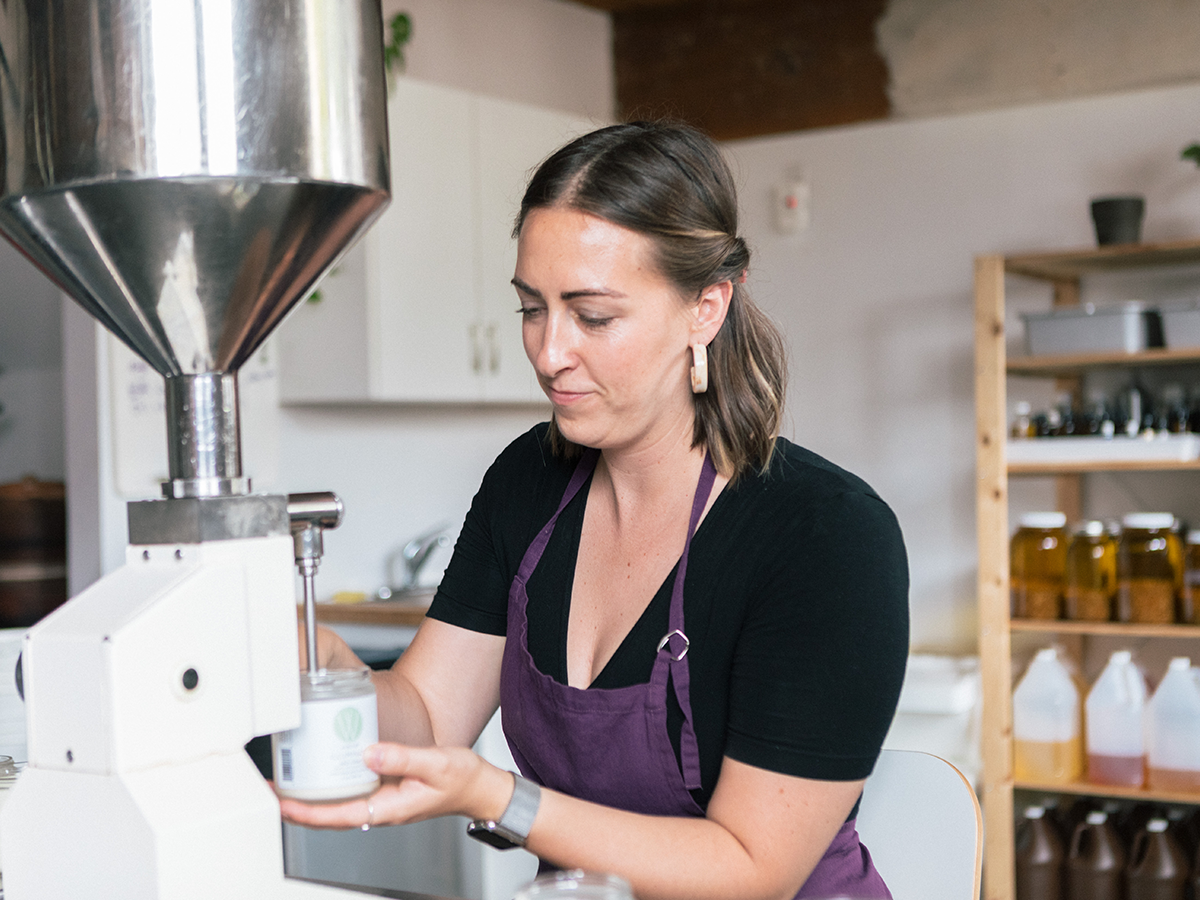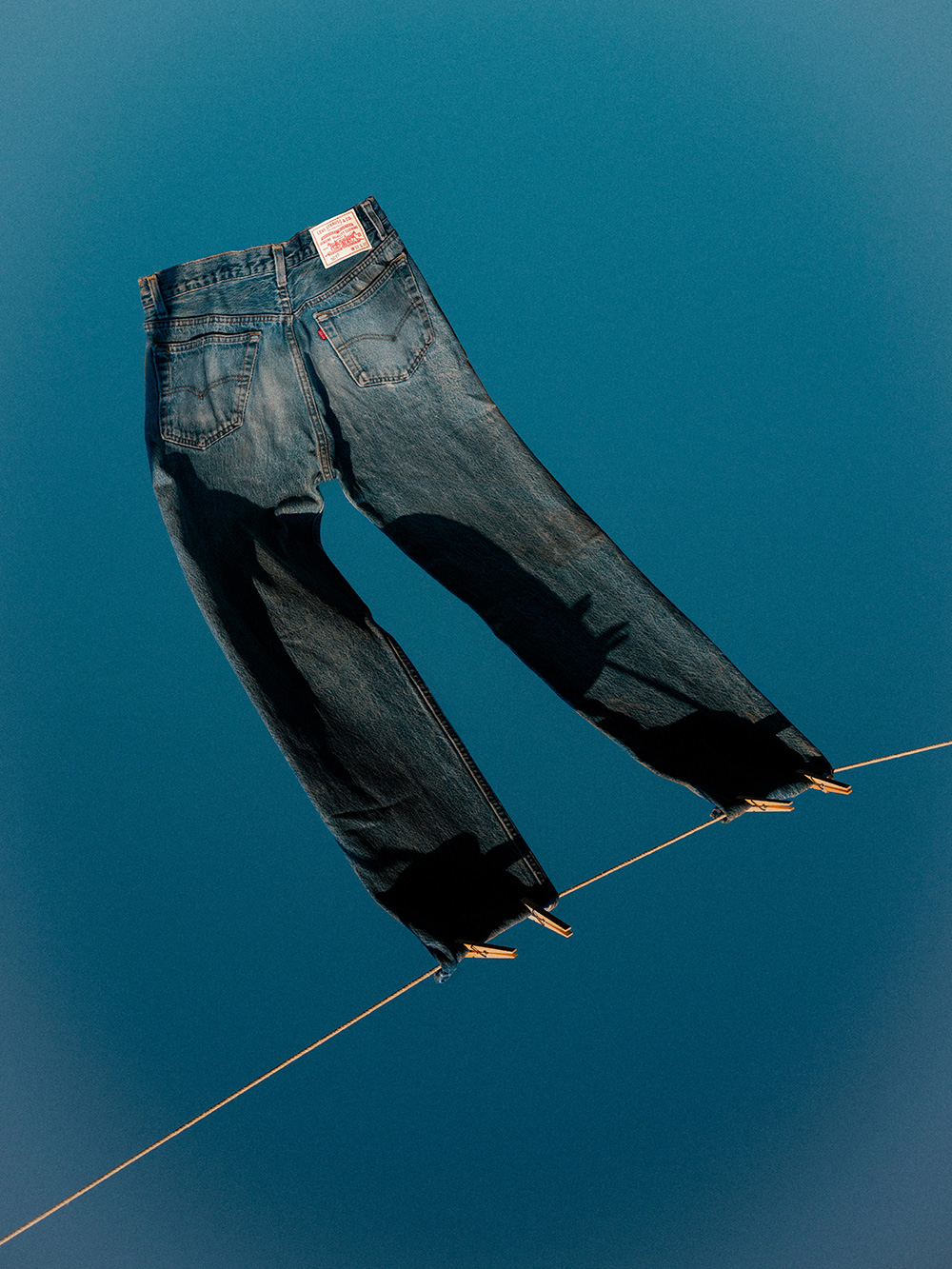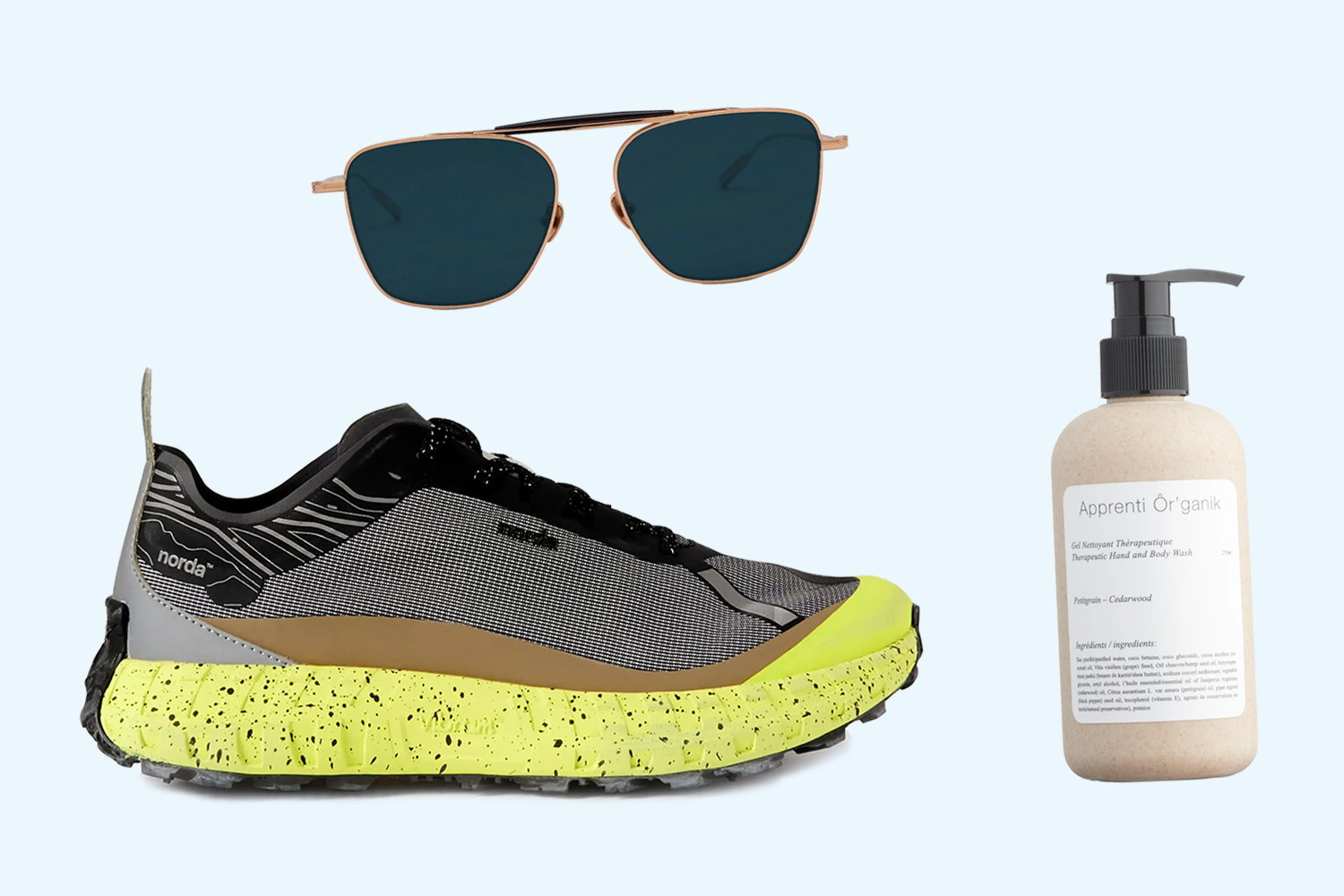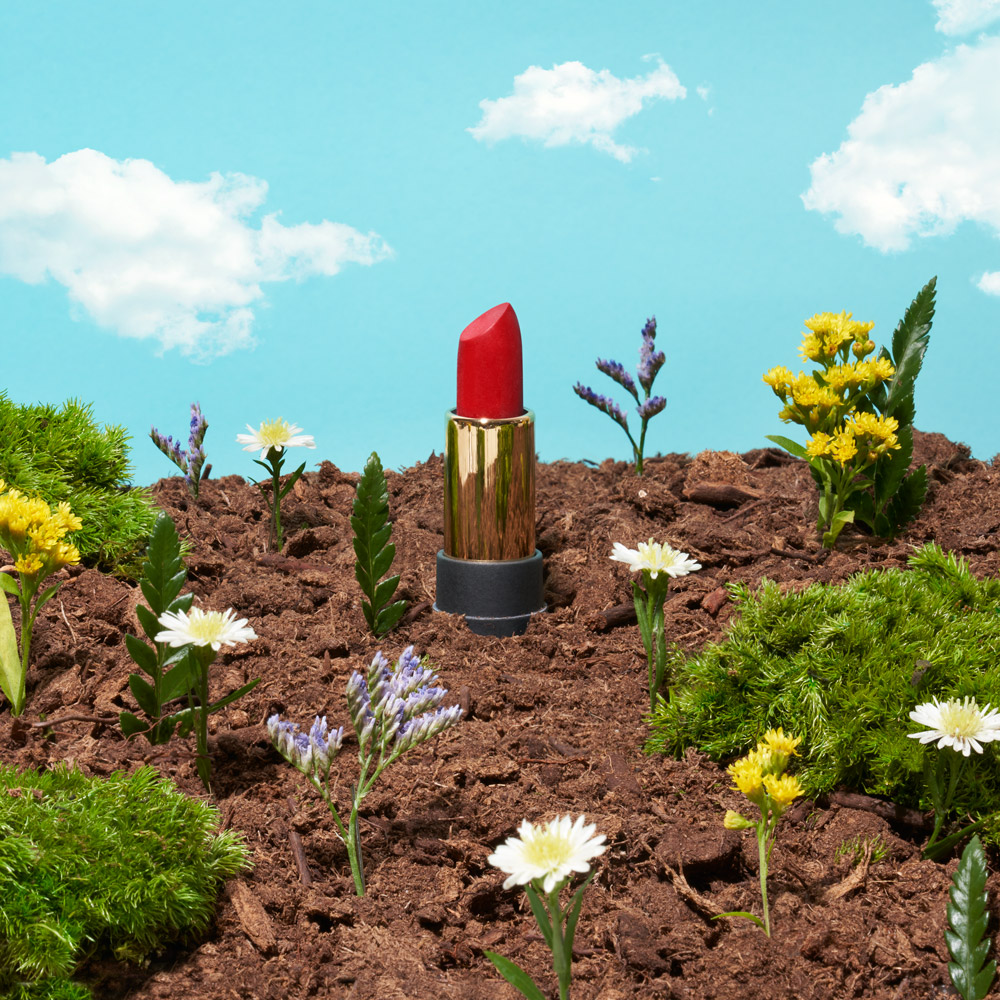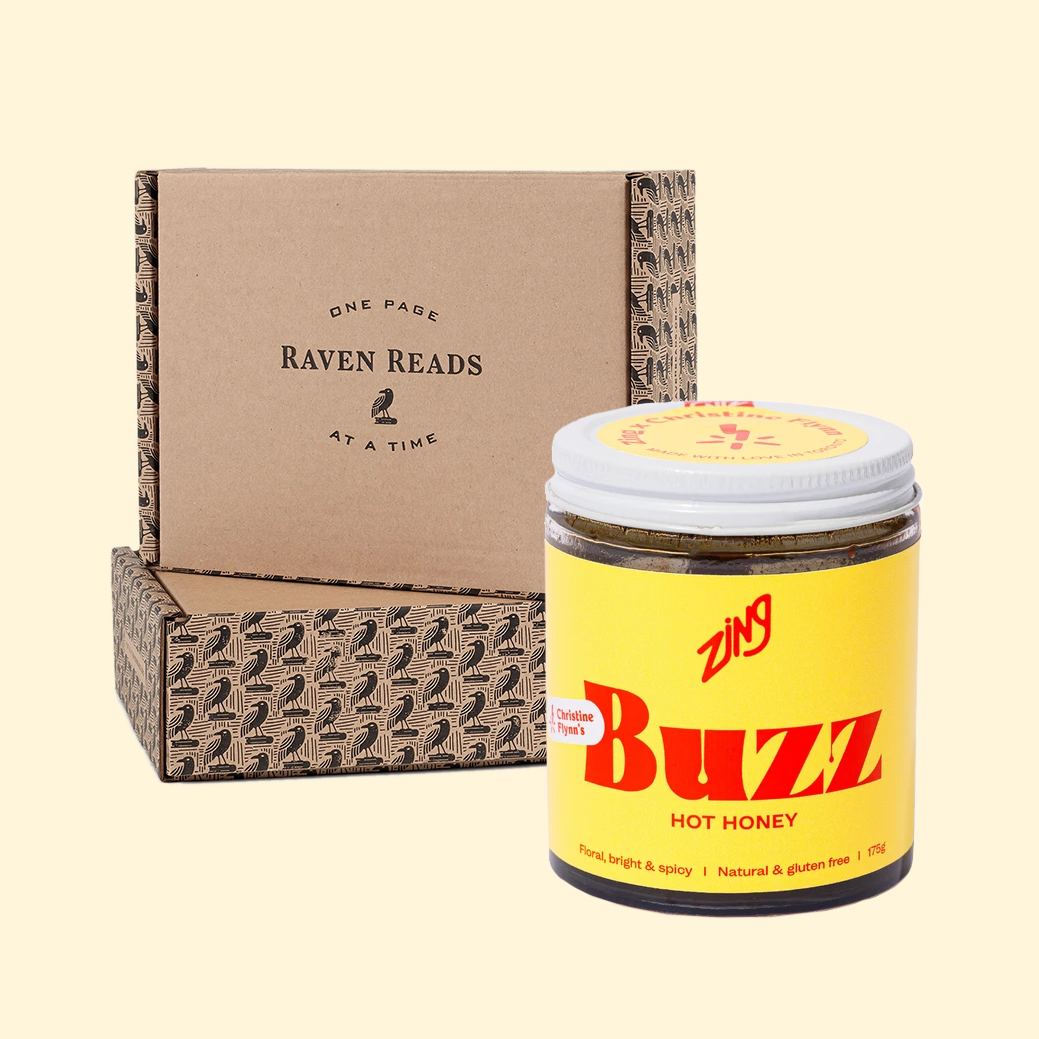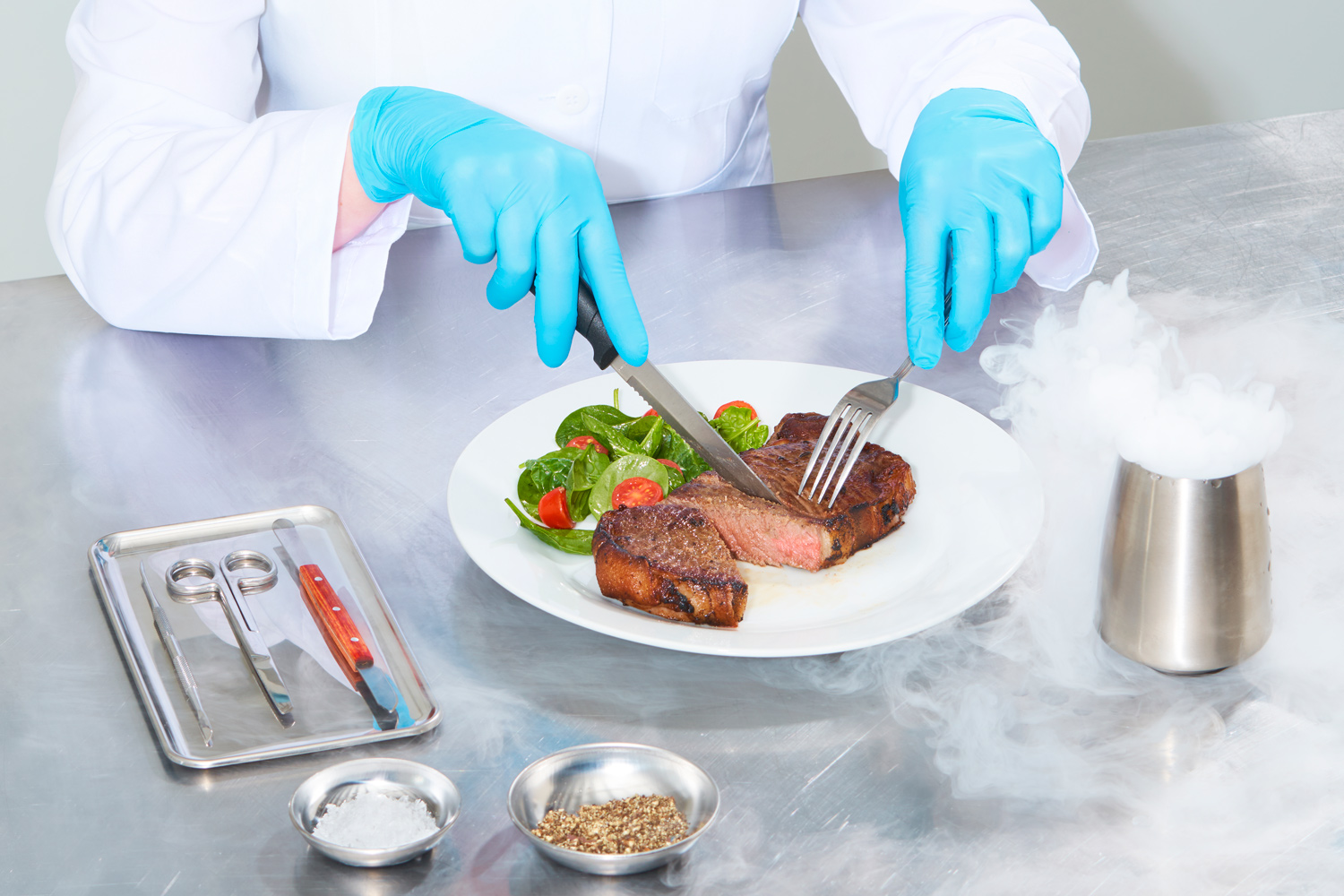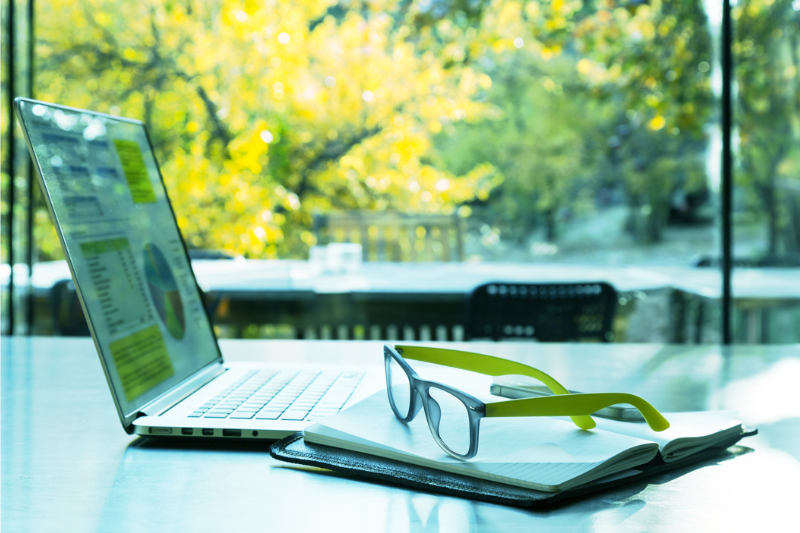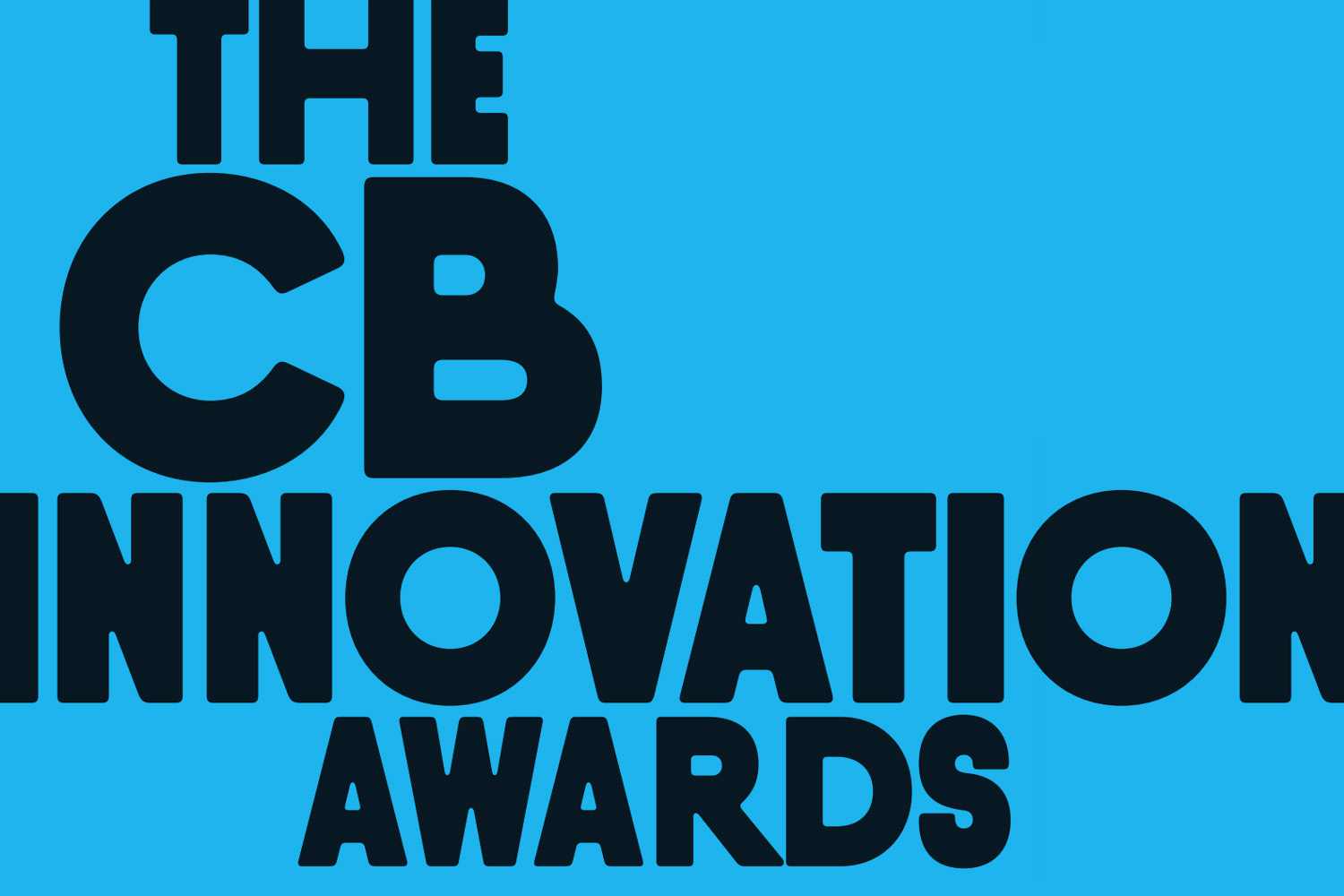This Canadian Company Is Making Compostable Containers to Combat Fast-food Waste
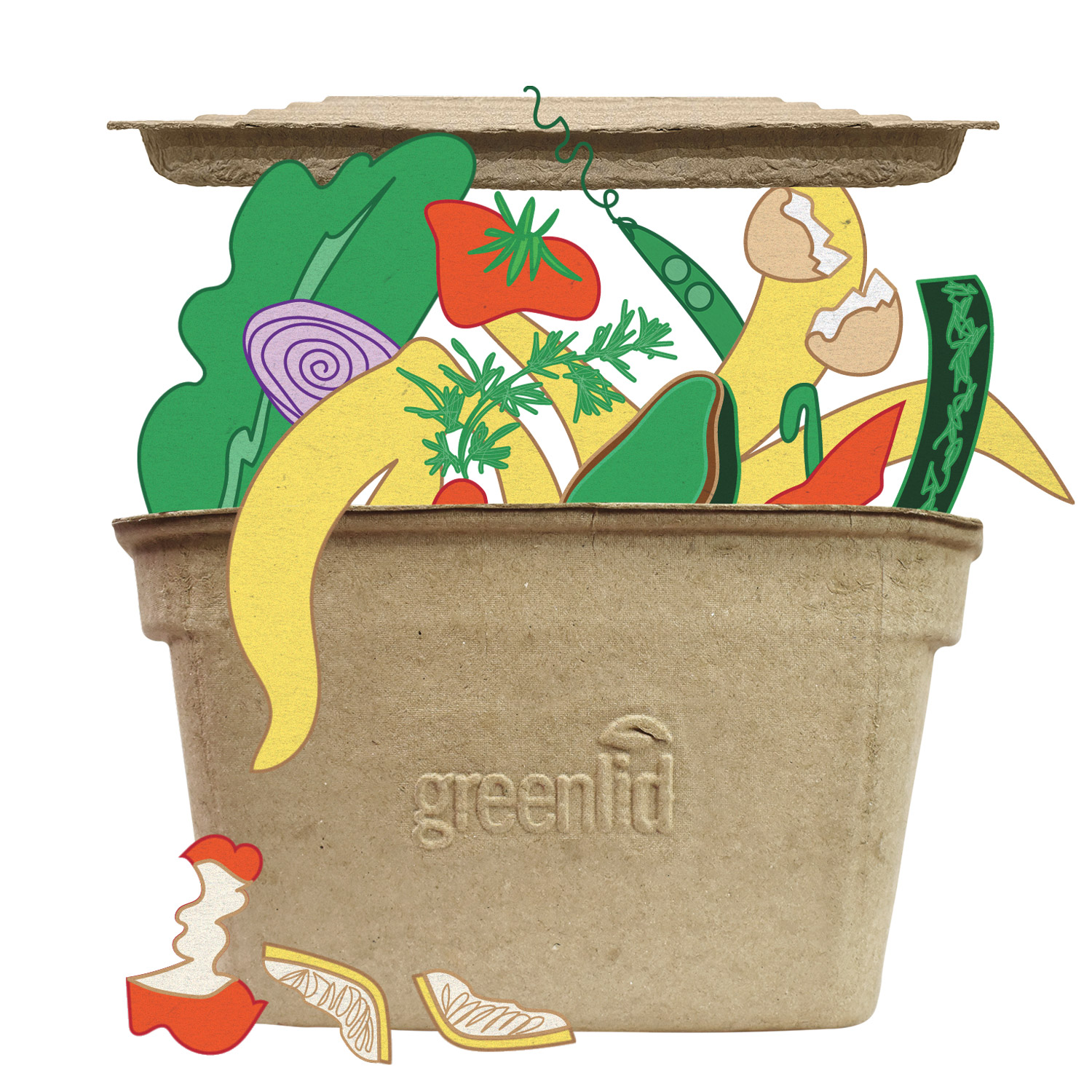
In 2014, tired of the sludge and stench involved in emptying their household green bins, brothers Morgan and Jackson Wyatt developed Greenlid, a fully compostable organics container. It was deceptively simple: a compact bucket made of biodegradable cardboard. The not so simple part: the creation of a proprietary waterproof additive that keeps garbage from oozing out of the bin. “I say I got my Ph.D. in figuring stuff out,” says Morgan, who completed his real doctorate in chemical biology at McMaster in 2013. Jackson, who left the company last year, has a bachelor’s of applied science from the University of Toronto.
The Wyatts developed a prototype of their compost bin and, backed by some crowdfunded start-up capital—and more than $25,000 in pre-orders—landed a deal on Dragon’s Den in 2015. They scaled up, expanded their product range and, within a year, their revenue soared to over $1 million. The company now supplies compostable containers to the food-service industry, and consumers can find its beautiful birch cutlery, wheat straws and fibre plates on grocery shelves.
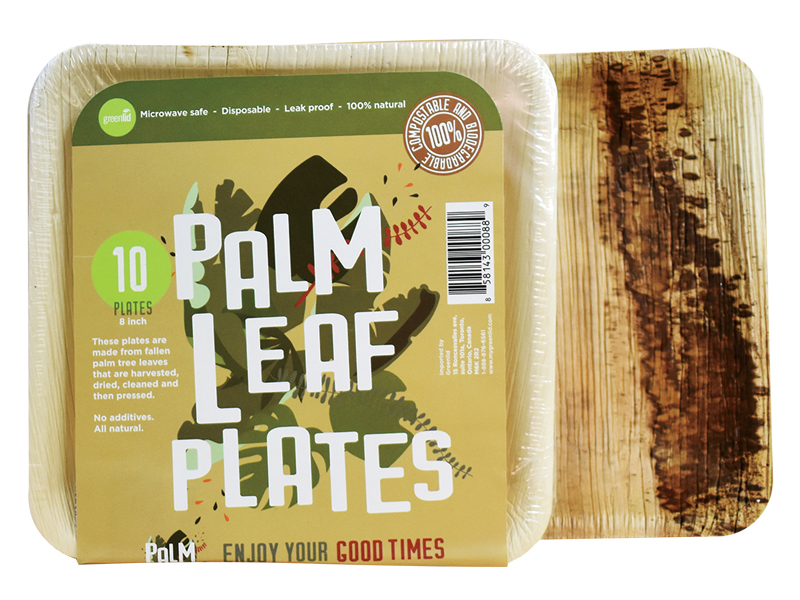
In India, palm trees shed their leaves between January and April. Recognizing the plant’s water-repellent qualities, the Wyatts formed the cast-off-fronds into single-use tableware
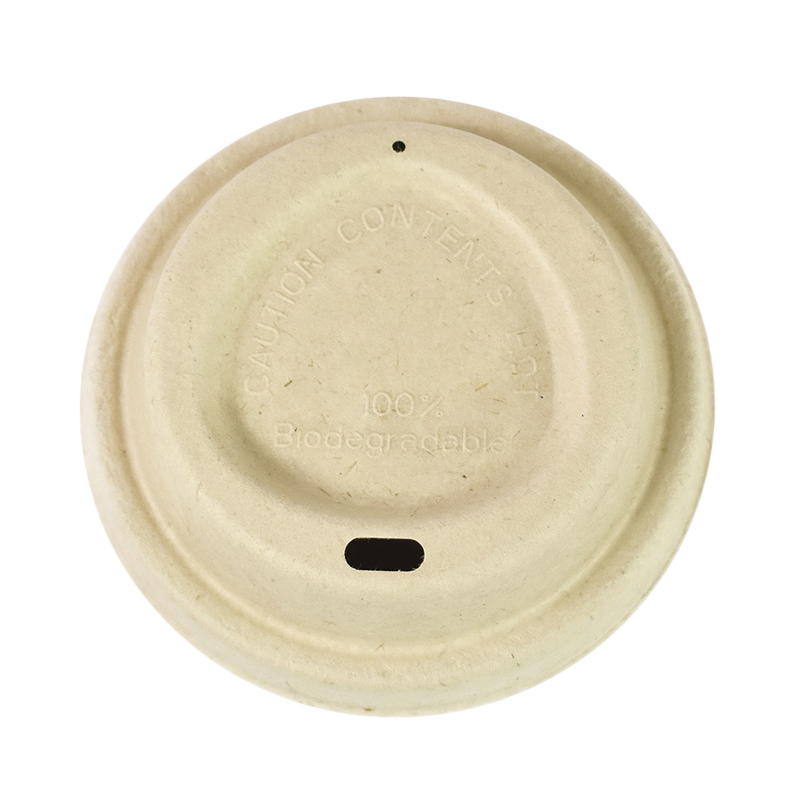
Unlike plastic, which responds to temperature variations, Greenlid’s fibre coffee-cup lids keep their shape with heat, which will prevent coffee-scalding injuries à la McDonald’s in the ’90s
What distinguishes the brothers’ products is their keen understanding of materials. Many food-packaging companies have relied on PFAS, or perfluorinated and polyfluorinated alkyl substances, which work by repelling oil and water. The problem is that PFAS are toxic and build up in our bodies (and the earth), making them a poor choice for anything involving holding or serving food. In late 2020, Amazon banned the substance from its food packaging. Greenlid readily stepped up to fill a necessary market void. As a result, they’re on track to grow by a factor of 20 this year, with their products available at places like Canadian Tire, Whole Foods and Costco. New launches on the horizon include biodegradable food trays and maybe—it’s still in development—a greener, cleaner option for disposable PPE.
